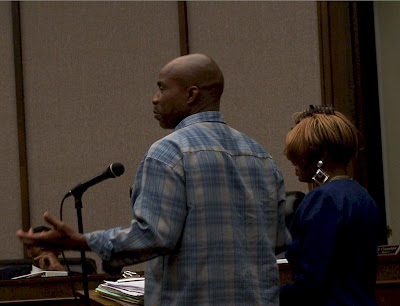When shopping, we've always been taught to look for the lowest price. They taught us that in school and our wallets tend to like it, too. We look at quality, as well, but if a lower priced item is of a passable quality, or if quality isn't a big issue, we tend to buy the cheaper item.
Americans have been buying cheaper and cheaper items, lately. Sometimes the cheaper items are of similar if not better quality. Sometimes, we can buy so many for so little, we completely overlook the fact that we are sending a lot of our money out of town.
Most mass-produced items and inexpensive products are produced overseas these days and are of questionable quality. Even if they were of the best quality, however, there would still be a greater issue to consider. Where are we sending our money?
src="http://pagead2.googlesyndication.com/pagead/show_ads.js">
When you buy an item produced locally, a large portion of the cost of that item will remain in your community. You'll most likely see some of that money go back into your pocket at some point. Buying items that aren't manufactured locally will send a portion of the item's price out of your community. Most, if not all, of that money will probably not come back.
There are also issues of morality and ethics. When an item is produced overseas, there is no direct oversight. As consumers, we can't honestly say we know that what we consume has been produced in an ethical way. We have no way of knowing whether or not a child was forced to produce the item. We can't say for certain whether the item was manufactured by workers being paid slave wages or not. If this is occurring, we bear the moral responsibility for creating the demand that causes these human rights violations.
The argument we often make is that we really can't afford NOT to buy the cheaper items. That may be true, now, but it's not a completely sound idea. The fact is that we can't afford to keep sending our money away. If we can't afford to buy locally made products, it's because we've been sending our money away for so long.
No community will ever be self-sufficient. That's not the goal of buying locally. The goal of buying locally is get the greatest quality product while keeping as much money in the community as possible. If we can do this, we won't have to worry as much about ailing stock markets or large corporate failures.

 Mayor Evans had a long list of ideas, requests and suggestions. Among the first items was a promise of professionalism in the police department, an appeal for consistent email addresses for all council members, and a request for $250,000 from the general fund to meet some immediate needs.
Mayor Evans had a long list of ideas, requests and suggestions. Among the first items was a promise of professionalism in the police department, an appeal for consistent email addresses for all council members, and a request for $250,000 from the general fund to meet some immediate needs.





